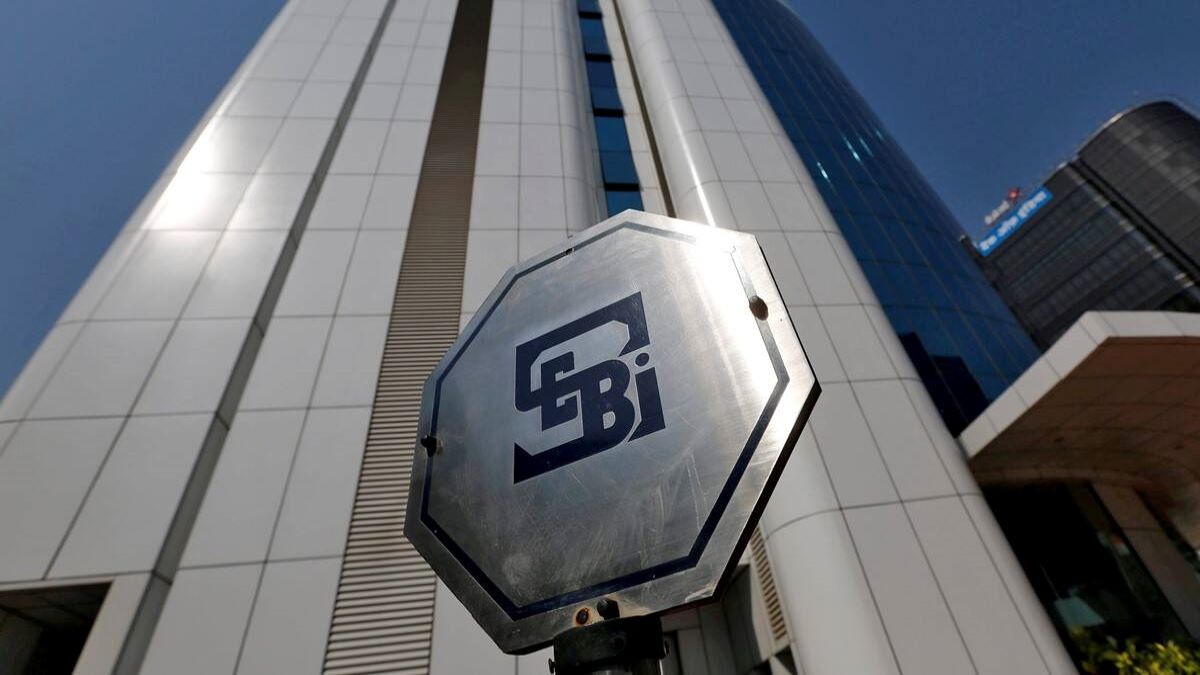The Securities Appellate Tribunal (SAT) made some strong observations on Wednesday when hearing an appeal filed by Zee Entertainment Enterprises’ (Zee) promoter Punit Goenka against the August 14th confirmatory order of the Securities and Exchange Board of India (Sebi).
Stating that it was not satisfied with the confirmatory order, the single-judge bench led by Justice Tarun Agarwala, said that it did not agree with the impugned order at all.
Sebi has been directed to file a reply by September 4, while Goenka will file a rejoinder by September 7. The matter will be heard for a final order on September 8.
The August 14th confirmatory order had barred Goenka and his father Subhash Chandra from taking any key managerial position and directorship in four Zee group firms and in the merged entity with Sony Pictures Networks India.
The order had said Goenka and Chandra were involved in sham transactions through which funds were diverted to private entities owned and controlled by these people. In specific, Sebi had cited the appropriation of a Rs 200-crore deposit with YES Bank based on a letter of comfort given by Chandra.
Chandra, incidentally, has not appealed against Sebi’s confirmatory order in SAT.
Arguing for Goenka, senior counsel Abhishek Manu Singhvi pointed out that Sebi’s order was “punitive and not preventive” and that eight months’ time would make it a disabling provision. He added that the board structure of the merged entity would be different from Zee Entertainment, with members from Sony Pictures Networks India on the board. He added that over 99.99 shareholders had agreed to this resolution.
Arguing on behalf of Sebi, Senior Counsel Darius Khambata said that Goenka’s counsel had presented new material in the court which had not been produced before them or submitted even after requests. He sought time to respond with respect to the new material submitted.
Singhvi argued that Goenka had been on the board of Zee as a director since 2010 and the alleged matter pertains to 2019. He added that Sebi’s order was against the interest of public shareholders.

